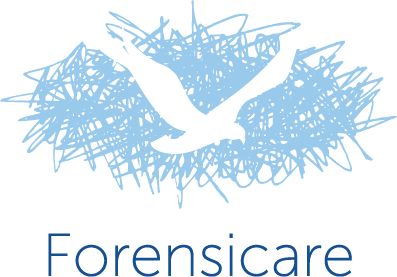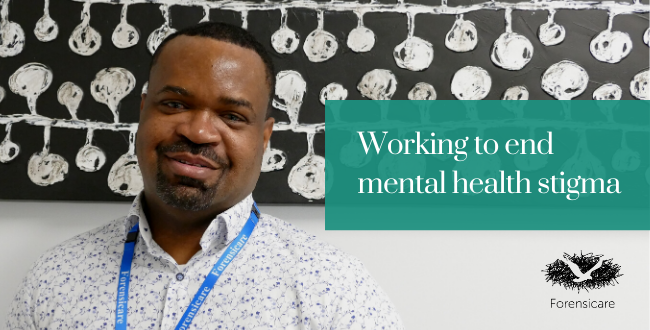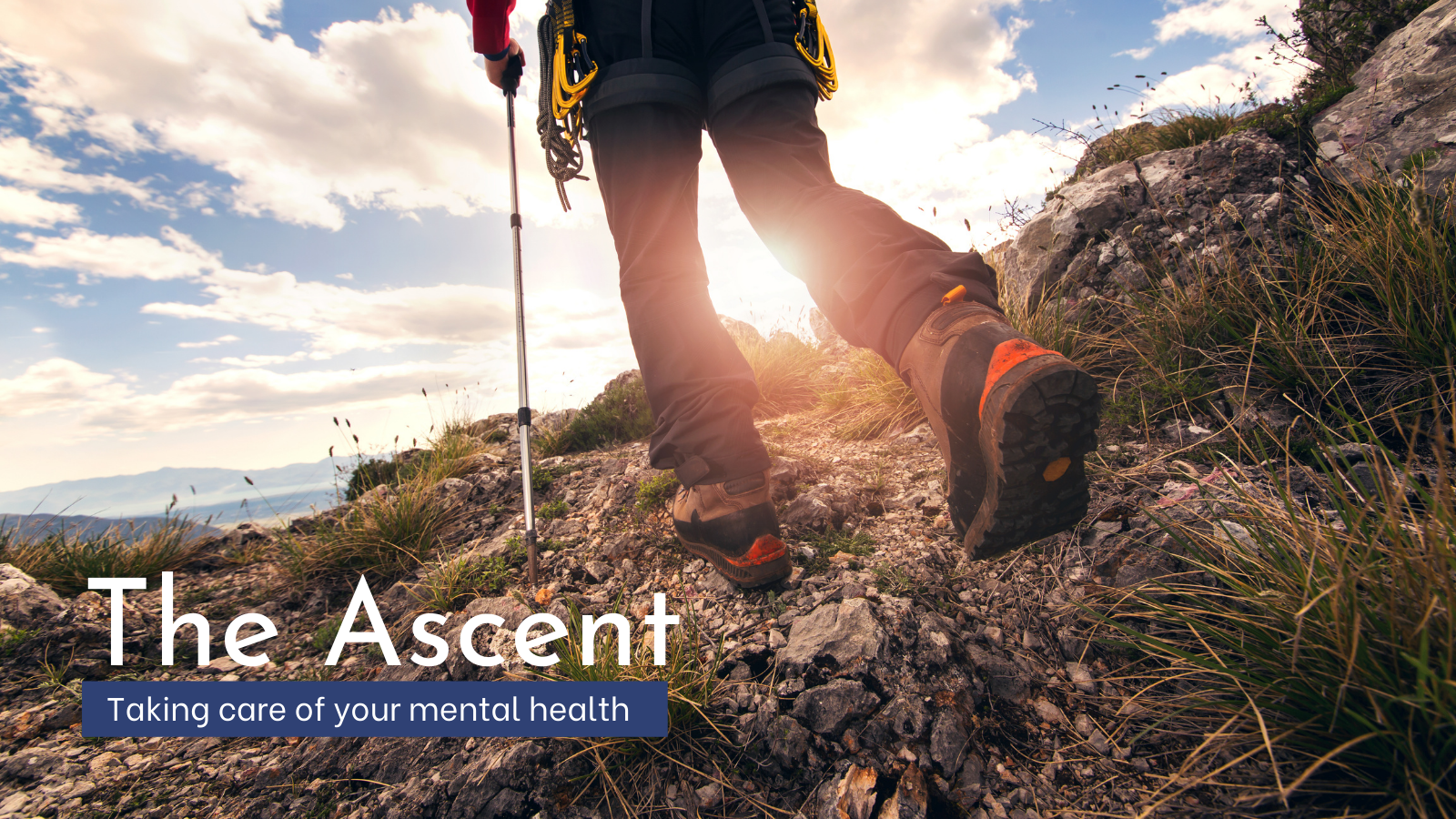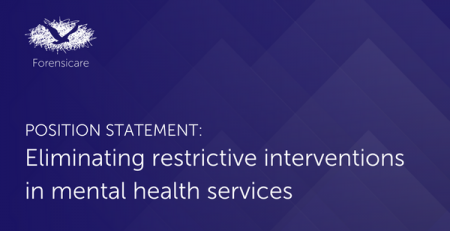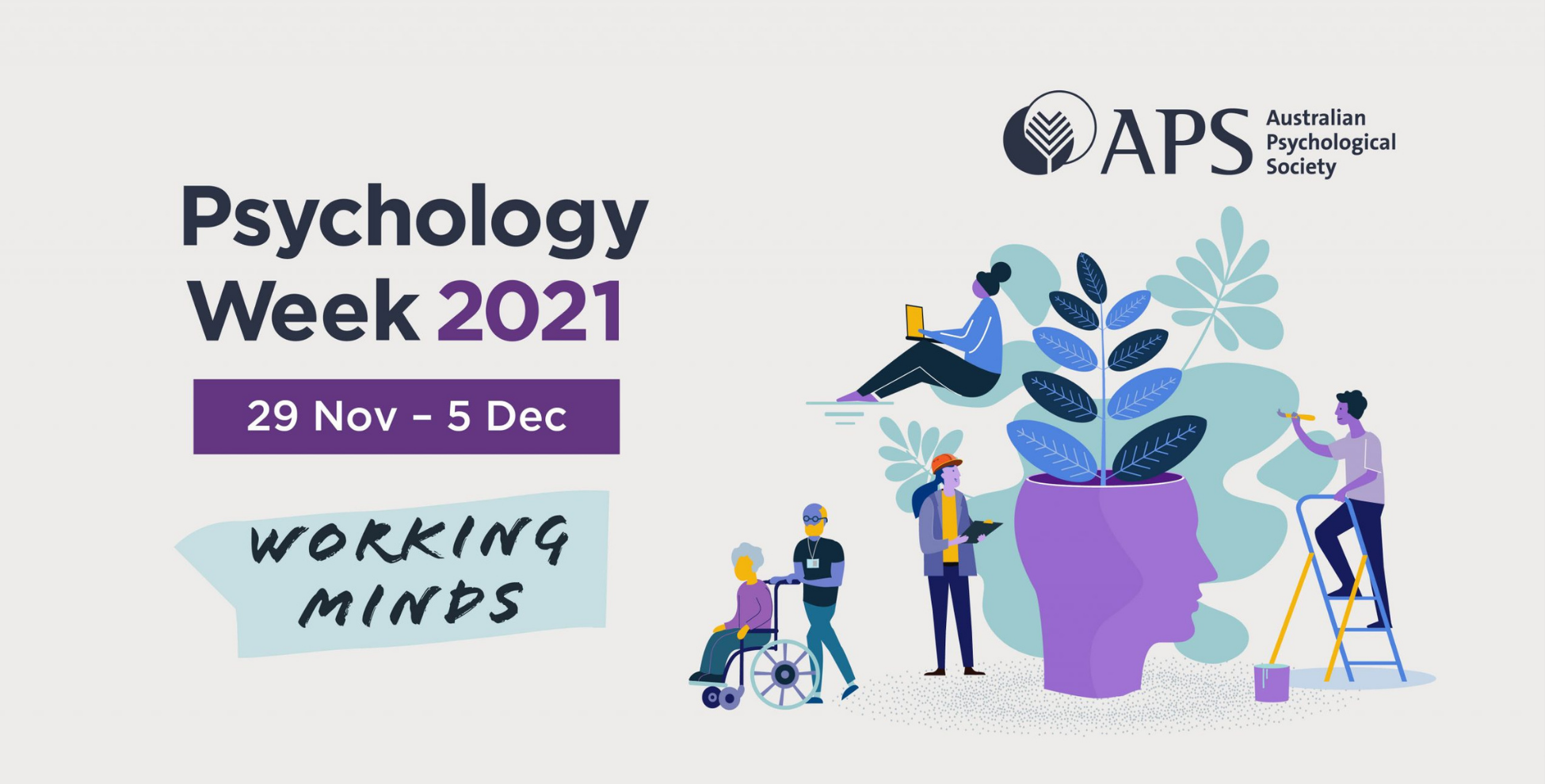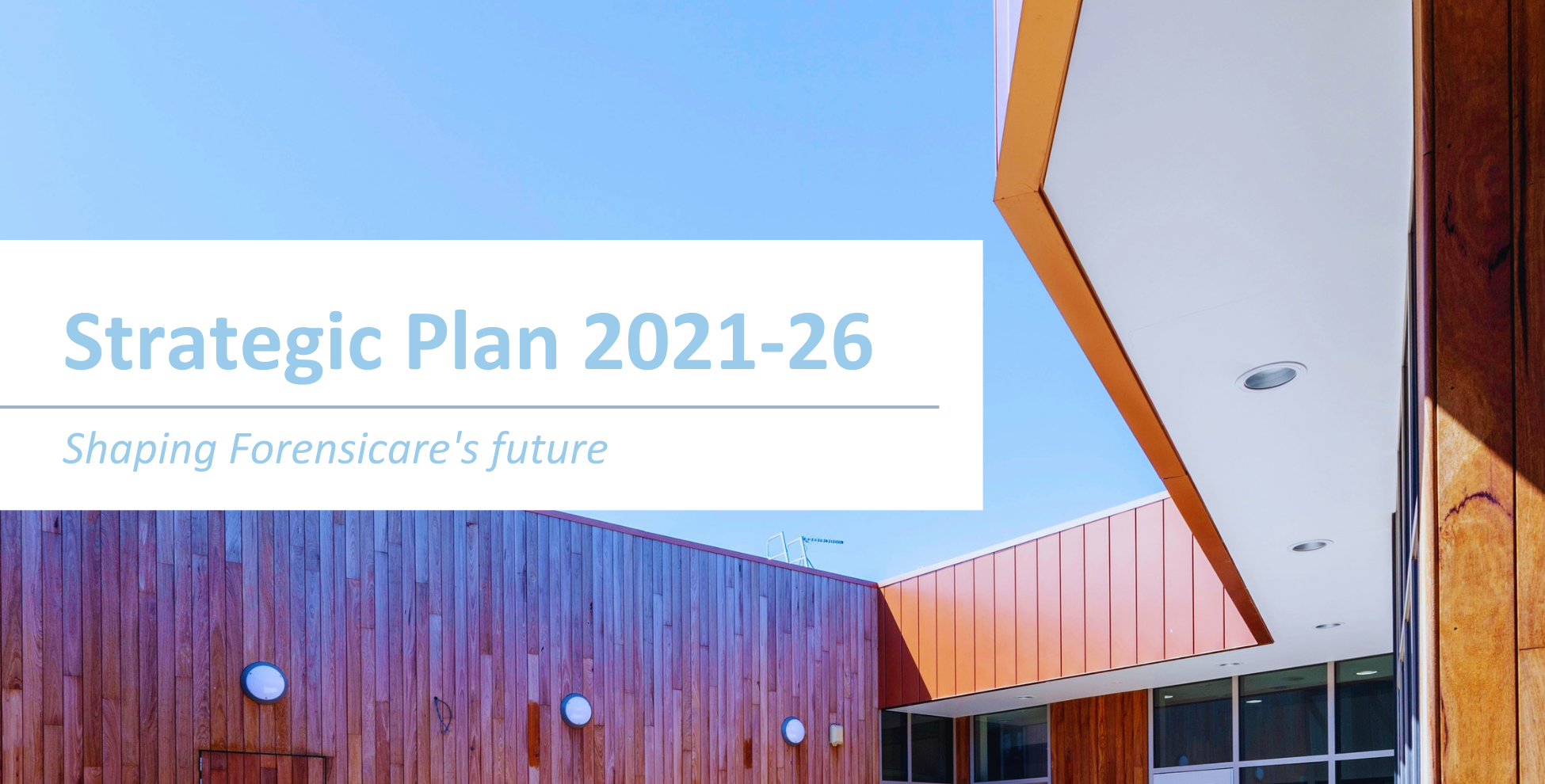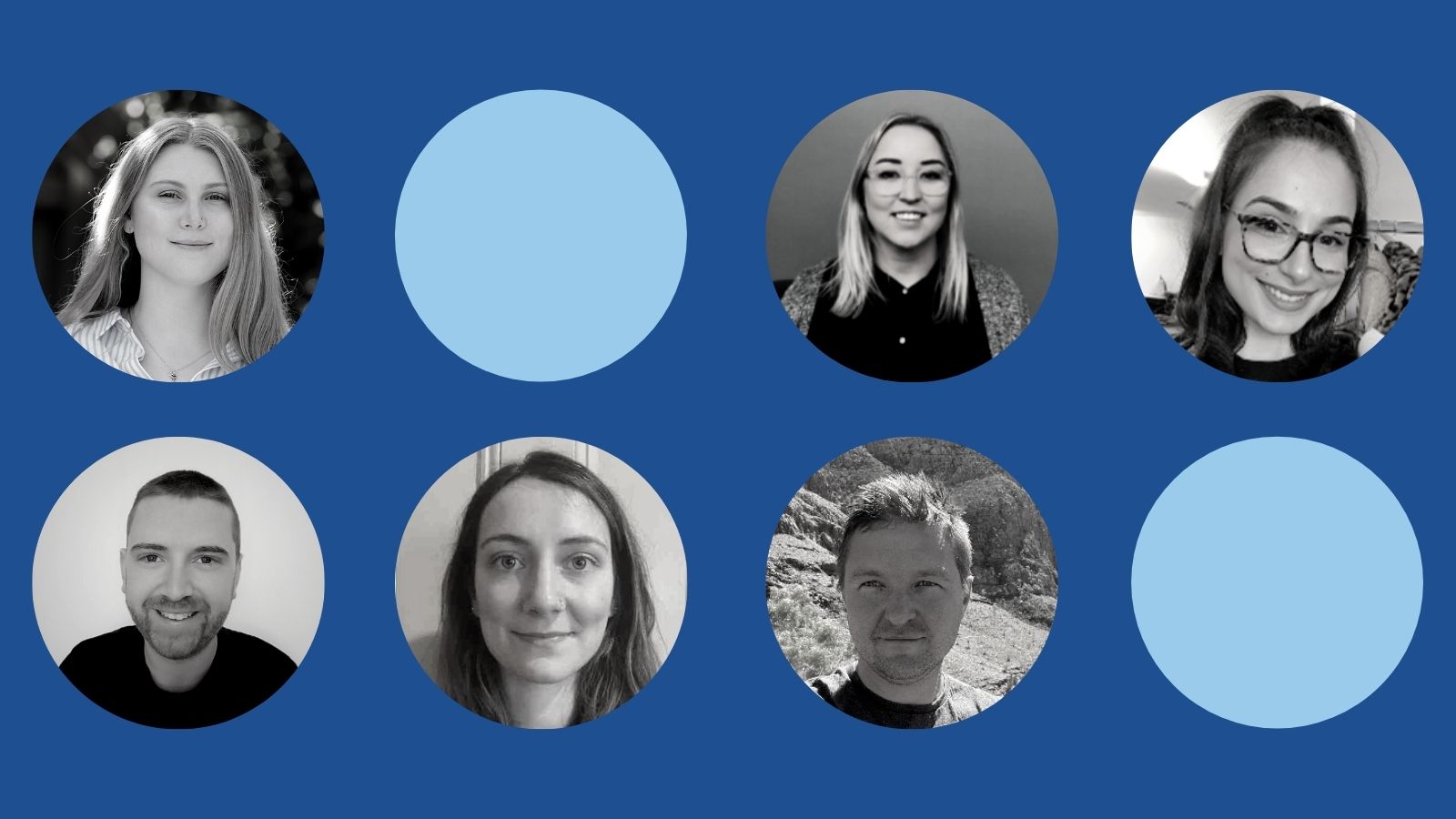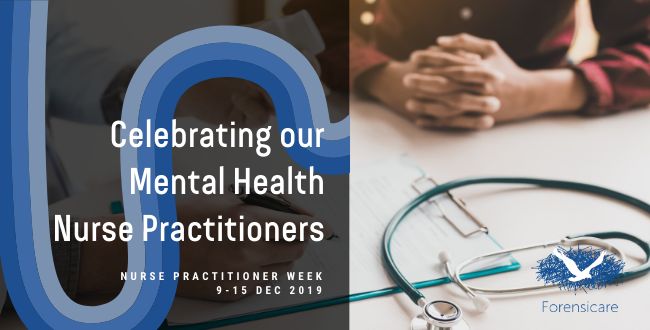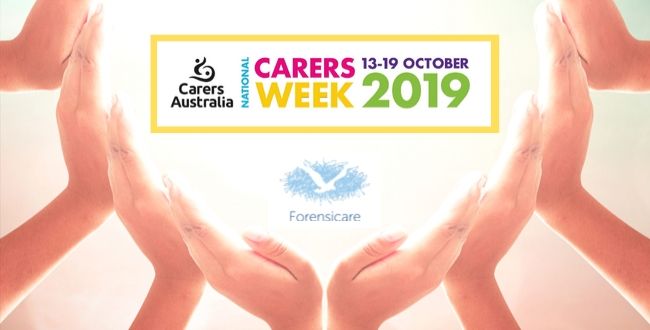Tackling stigma and saving lives: Forensicare’s Mental Health Advice and Response Service
No single day is the same for Senior Mental Health Clinician Christian Bimbola Ogbah.
As part of his role in Forensicare’s Mental Health Advice and Response Service (MHARS) team at Ringwood Magistrates’ Court, Christian helps some of society’s most vulnerable people—that is, people who are engaged with the justice system and live with a mental illness.
“I can see anywhere from four to ten clients per day,” Christian said.
Sometimes, Christian’s clients—whether they be referred from Corrections Victoria, the Magistrates’ courts, or walk-ins—have never been engaged with mental health support services before. And that’s why it’s so important to get them the help they immediately need.
“It’s all about love of helping people, and walking with them when they’re vulnerable,” Christian explained.
“There’s so much stigma around mental health, as well as a lack of access to treatment and social amenities for people living with mental illnesses.”
“I want to make a difference, and help the community in any little way I can.”
What does a senior mental health clinician do?
Christian’s day can involve anything from preparing in-depth psychiatric assessments for the courts, to referring clients for early intervention and psychiatric support. Even something as simple as being a shoulder to lean on, or someone who listens, can make a world of difference.
“Last week, I had a young person come in for charges who was acutely unwell. This person was referred to us, and my clinical judgement was that they needed immediate mental health support and treatment in hospital,” Christian said.
“That doesn’t mean the person avoids the justice system—it just means we want to look after the person’s mental health first.”
When helping others is the goal
Having worked as a mental health clinician for over 12 years—with almost two years working at Forensicare—Christian has truly dedicated his life to helping others.
“I love everything about my role. I love every bit of what I do. But mostly, I love my ability to contribute even a ‘tiny weeny bit’ to a person’s recovery journey.”
“When you’re able to help someone who struggles with their mental health, and you’re able to get them the treatment and support they need, it’s like Christmas.”
“I’ve been working in this industry for over 12 years, and I still love it.”
Working with Forensicare
While Christian has held previous acute clinical roles, such as working as an emergency department’s response clinician and in the community acute mental health services, he was drawn to Forensicare—and forensic mental health—to help people caught in the interface between the mental health and criminal justice system.
“I came to Forensicare because it’s the biggest organisation in forensic mental health in Victoria,” he said.
“I just love working in an acute setting, because that is where you get to help the most vulnerable people.”
Years on, Christian says there’s nowhere else he’d rather be.
“I have been blessed. I love the people I work with. I’ve got some amazing colleagues and a manager who is supportive of my career, and has given me the avenue to do what I enjoy doing.”
“I’ve also had a lot of support from the organisation. A year passed, and I didn’t even realise, because I genuinely enjoy the work so much.”
Christian’s dedication to ending mental health stigma and increasing access to support services was born while studying at the University of Canterbury in New Zealand.
“I came across a lot of people experiencing mental health issues, and the stigma people with mental health issues would go through.”
“The way we see people, and the way community views people with a mental illness, really touched my heart. That’s when I knew I wanted to be a part of this journey, I wanted to make a difference. I wanted to contribute.”
Though Christian’s background is in social work, he pursued his passion for mental health at Otago University’s School of Medicine through a Postgraduate Diploma in Mental Health Practice, before undertaking another Postgraduate Diploma in Health Sciences, and a Masters in Forensic Mental Health.
Addressing men’s mental health
Tackling stigma is one of Christian’s biggest passions. And in fact, he intends to undertake a PhD to research stigma—in particular, the stigma around men’s mental health.
“I’m so passionate about men’s mental health,” he said.
“I meet a lot of men who have serious mental health issues, but they just don’t want to talk about it.”
“There’s limited services—and men struggle to access those services in fear of bias and shame. They fear they’ll be stigmatised.”
“Our society doesn’t have a lot of room for men to cry.”
Suicide is one area Christian hopes to address. Globally, one person will commit suicide every 40 seconds. And it’s the leading cause of death for Australian men aged 15 to 44—more than double the national road toll.
“Suicide among men is rising every day,” Christian said.
“But we lack a lot of awareness out there, and we’re still trying to encourage men to open up about what they’re actually going through.”
“We need to talk about mental health. People need to know it’s okay to speak out about their mental health, and it’s okay to ask for help.”
“And what isn’t okay is to be made to feel shame for speaking out, or asking for help.”
“I’m so grateful Forensicare allows me the opportunity to engage in these conversations, and help people who really need it.”
Advice for the budding mental health clinician
To anyone else considering a career in mental health, Christian says perseverance and passion is key.
“Sometimes, it is a hard job. And you might question why you want to do it. But it’s an incredible feeling when you look back and recognise you’ve made a real, positive difference to so many people’s lives.”
“Your resilience will be tested, but it is definitely a beautiful journey.”
Want a career in forensic mental health? Visit our Work With Us page for more information.
If you or someone you know needs help, contact Lifeline on 13 11 14 or visit lifeline.org.au. You can also call SANE on 1800 18 7263, or Beyond Blue on 1300 22 46 36.
